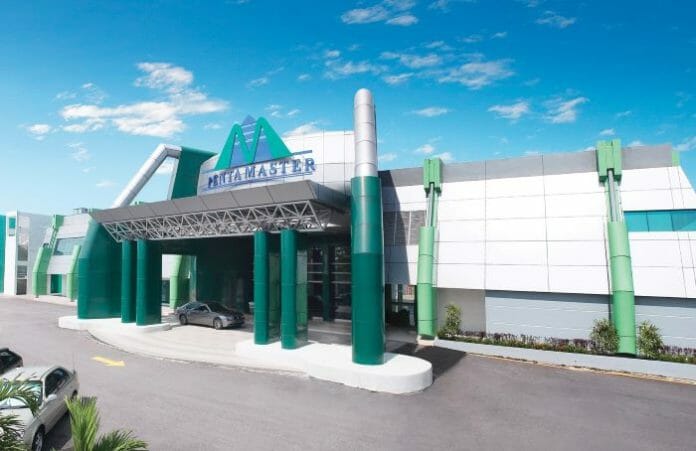Results for Pentamaster Corporation were within expectations, achieving 22.9% and 19.3% of Mercury Securities’s full year revenue and profit after tax and minority interest forecasts for financial year 2022 respectively, drive by the Automated Testing Equipment (ATE) segment, contributing 67.3% to its revenue for quarter one 2023 whereas the Factory Automation Solutions (FAS) segment contributed 32.7%.
“We like the stock due to its attractive expansion plans, strong order book, and solid track record. The target price represents a potential return of 14.2% over the current price,” said Mercury Securities (Mercury) in the recent Update Report.
The automotive segment contributed 54.5% to its total revenue for quarter one 2023, riding on the global automotive electrification where the automotive industry continues to dominate the ATE segment with its revenue contribution of approximately 79.1% for quarter one 2023, which represents a growth of 71.8% within the ATE segment.
The group continued to benefit from the structural shift, influenced by the mass adoption of electric vehicles. Mercury thinks that the automotive and medical segment will be a main driver to group revenue in financial year 2023, offsetting lower contributions from electro-optical segment due to smaller sales volume on test equipment for sensors arising from lack of major upgrades in the smartphones industry.
In the financial year 2019, Pentamaster acquired TP Concept which specializes in the design and manufacturing of insulation displacement connection (IDC) machines. Subsequent to the acquisition, the company plans to leverage on the know-how of TP Concept, and venture into manufacturing of medical products after the establishment of Pentamaster MediQ in the financial year 2020.
The company is building a 3rd plant in Batu Kawan with a built-up area of 600k sq ft, which is approximately 3x larger than its existing production floor space, expected to complete within the first half of 2024. The 1st phase of the construction is expected to be completed within the second half of 2023.
Approximately 40% of the space will be allocated for the medical segment with the installation of clean rooms and production lines, and the remaining space will be utilised for the factory automation solution (FAS) segment. Pending the approval from the Malaysia Device Authority (MDA), the company expects the medical products from MediQ to contribute positively to group revenue in financial year 2024.
“We think that with the completion of the 3rd plant in financial year 2024, the company is well-positioned to grow its medical segment and achieve its targeted RM1 billion revenue by financial year 2025, leveraging on the medical device industry which is estimated by Protégé to grow at a 5-year compounded annual growth rate of 14% from 2021 to 2026,” said Mercury.
The company has a record order book of approximately RM610 million, where 45% is from the FAS segment, and 55% is from the ATE segment. Under the leadership of Chairman Chuah Choon Bin who has more than 30 years of experience in the design and manufacturing of automation equipment and vision inspection system, the company was able to achieve a revenue record in financial year 2022, and a 5-year revenue compounded annual growth rate of 29.1% from financial year 2016 to financial year 2021, despite the COVID-19 pandemic in financial year 2020. Risk factors identified by Mercury are the rising raw material prices and skilled-labour shortages.









